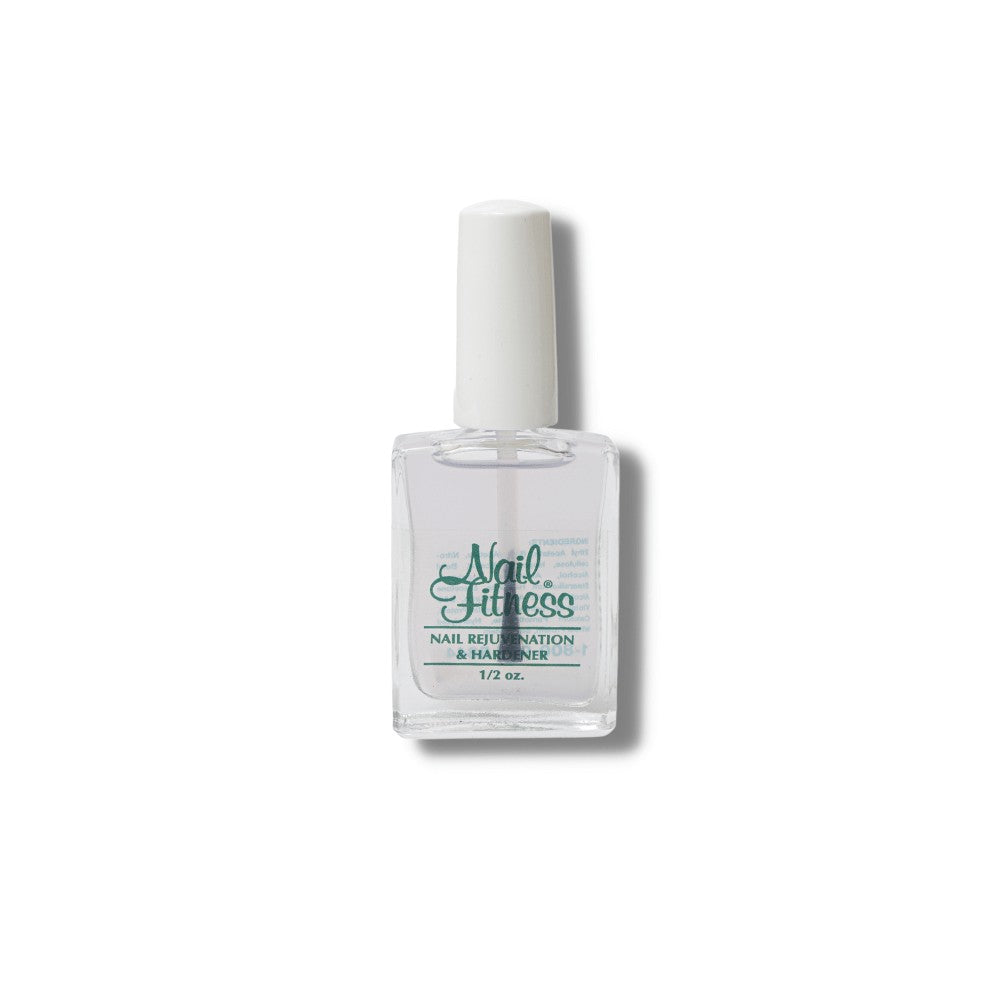Are your devices making you more forgetful?
Forgetfulness is a part of life, no matter your age, but it seems like our devices are making it worse. Our smartphones and tablets make it possible to stay constantly connected to information, entertainment, and each other. They are always within reach, and they encourage us to check them frequently.
But did you know that smartphone owners interactwith their phones an average of 85 times a day, including immediately upon waking up, just before going to sleep, and even in the middle of the night?
Do we rely too much on our devices?
This overreliance on our devices can have a negative impact on our memories. In fact, some studies have shown that people who use their phones more frequently are more likely to experience forgetfulness and cognitive decline.

I've been listening to a series of podcasts by Jim Kwik, author of the book "Limitless." After a severe brain injury at age 5, Jim Kwik, once known as the “boy with the broken brain," today Kwik is an American brain coach, podcaster, writer, and entrepreneur.
He is the founder of Kwik Learning, an online learning platform; the host of the Kwik Brain podcast; and the author of Limitless.
In his book, Jim Kwik suggests that, with the exception of medical memory issues, there is no such thing as a bad memory. He believes that everyone has the potential to have a sharp and powerful memory, but that most people simply haven't trained their brains to remember effectively.
- Good Brain Diet
- Killing Ants - Automatic Negative Thoughts
- Exercise
- Brain Nutrients
- Positive Peer Group
- Clean Environment
- Sleep
- Brain Protection
- New Learning
- Stress Management
As we age, it is more important than ever to take control of our devices and not let them control us. Our devices are constantly bombarding us with information, and we need to be intentional about how we interact with them. We need to be able to filter out the noise and focus on what is important. We also need to be able to learn new things quickly and easily.
Protect your memory
The good news is that there are a number of things we can do to protect our memories and improve our cognitive function. We can take breaks from our devices, train our memory, and get enough sleep. We can also eat a healthy diet, exercise regularly, and manage stress.
In addition to these general tips, there are a number of specific things we can do to improve our memory. For example, we can practice mindfulness, which helps us to focus and pay attention.
If you are concerned about your memory, there are a number of resources available to help you. You can talk to your doctor, or you can find books and websites that offer tips on how to improve your memory.
I hope this blog has given you some insights into how our devices are making us forgetful and what we can do to protect our memories. If you are interested in learning more, I encourage you to watch the video by Jim Kwik that I've shared. It is definitely worth the 10-minute watch.











